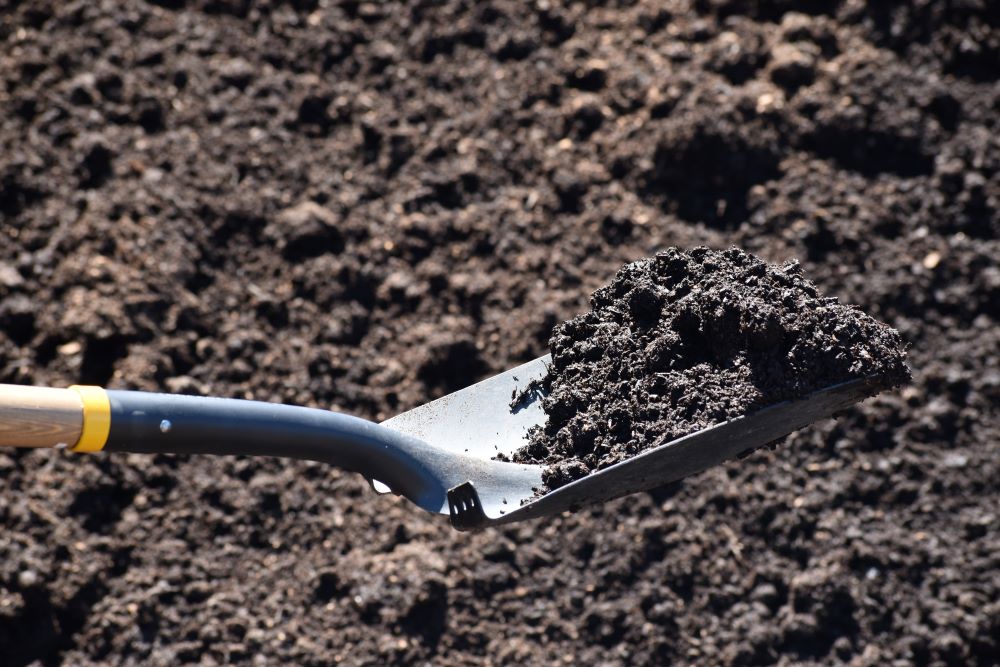FEEDLOT MANURE
$110.00 per cu m
POPULAR USE CASES
Soil Amendment: Enhances the organic matter content of soils, improving soil structure, aeration, and water retention capabilities.
Fertilization: Supplies essential nutrients to crops, promoting healthy growth and increased yields in agricultural and horticultural practices.
Land Reclamation: Useful in rehabilitating and restoring the fertility of degraded lands and in landscaping applications.
Composting: Acts as a raw material in composting processes, where it is broken down into a more stable, nutrient-rich form that is easier for plants to absorb.
Screened feedlot manure is a high-quality organic amendment sourced from cattle feedlots, processed to ensure a consistent, fine texture. It is screened to remove contaminants, creating a refined product suitable for landscaping, gardening, and agricultural use. Rich in nitrogen, phosphorus, potassium, and organic matter, it promotes soil fertility, enhances microbial activity, and improves water retention. This manure supports sustainable land management by enriching depleted soils, increasing plant resilience, and reducing the need for synthetic fertilizers. Suitable for direct soil application or compost blending, screened feedlot manure is an eco-friendly solution for improving soil health in various horticultural and agricultural settings.
Additional information
| Weight | 800 kg |
|---|---|
| Nutrient Content | Varies; typically includes nitrogen (N), phosphorus (P), and potassium (K), with ratios dependent on the source feedlot's diet and management practices. |
| Moisture Level | High variability; generally contains a significant moisture content due to the presence of liquid waste. |
| Organic Matter | Rich in organic material, including undigested feed and bedding. |
| Packaging | Generally sold in bulk quantities, transported via truck. |
| Application Guidelines | Recommended application rates depend on soil tests and crop needs; it's advised to consult with an agricultural extension service or a soil scientist. |

